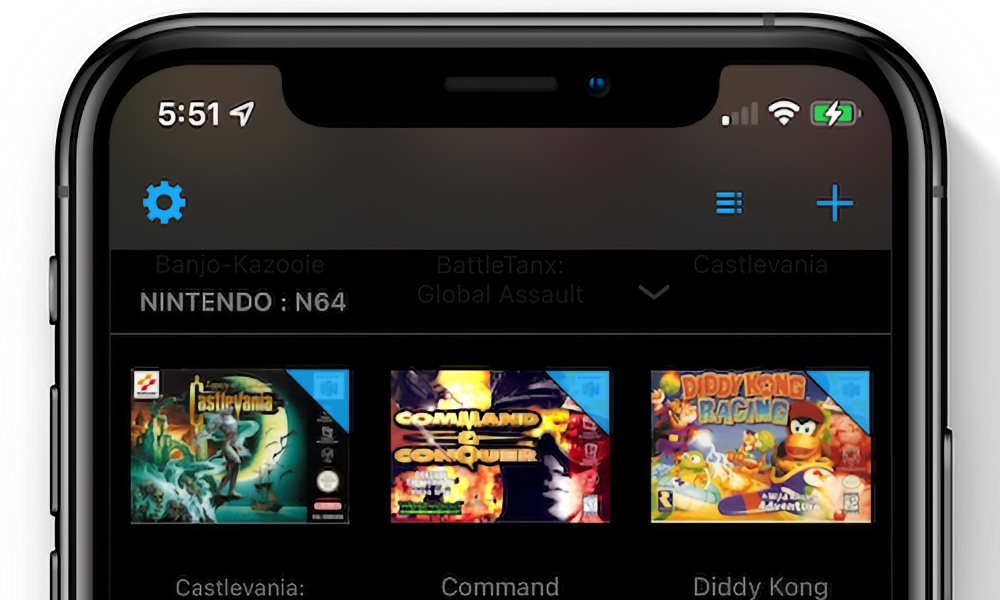Provenance Multi-Platform Game Console Emulator Coming to the App Store

Toggle Dark Mode
Apple’s decision to change its App Store guidelines to allow developers to make retro game emulator apps available on its platforms is bearing fruit, as we’ve already seen two emulators come and go on the App Store.
One briefly appeared on the App Store before being removed by Apple for copyright issues, and a subsequent one was pulled by the app’s developer. However, the popular Nintendo emulator Delta was finally released earlier this week and has been receiving good word of mouth on the web ever since.
Now, the developers of Provenance, an emulator already available from other app sources, have said that they’ll soon release their app in the official App Store. The emulator allows users to play game ROMs on the iPhone and iPad from several platforms, including NES, SNES, Game Boy, Nintendo 64, DS, Atari, Sega, and even PlayStation games. Developers say Provenance will also add support for Sega Dreamcast and Sony PlayStation 2 games in the future.
The Provenance game emulator is already available through AltStore and other app sideloading methods.
Provenance project leader Joseph Mattiello confirmed the move to iMore. The release could still be delayed or canceled outright, as even though Apple now allows game emulators in the App Store, it has several other rules related to emulator apps, so Mattiello told iMore that the team will need to “investigate” all Apple’s guidelines before submitting the emulator for review by the App Store moderators.
Until recently, Apple’s App Store guidelines have prohibited developers from releasing emulation software that used ROMs from other sources in the App Store. However, Apple recently changed its rules and now allows developers to offer “retro game console” emulation in the App Store.
Until Apple’s recent rule changes, the only retro game emulators that were allowed on the App Store were those that were entirely self-contained, including both the emulator and the games in the same package. Users were not allowed to download and install their ROMs in those apps, limiting users to enjoying only the ROMs included with the app. Developers were also required to have a license to include the games in their apps.
There has long been a debate as to the legality of emulation, mostly due to the need to download and use pirated game ROMs from various internet sources. Apple has stressed in its App Store guidelines that developers are “responsible for all such software offered in your app, including ensuring that such software complies with these Guidelines and all applicable laws.”
Earlier this week, the popular Nintendo game emulator Delta was made available in the App Store for the iPhone and iPad after being available through AltStore for several years. It has so far received excellent reviews, and I can testify that I gave the emulator a good run-through and that it operates quite well. I tested the app using homebrew ROMs, of course. (Where is the “wink” tag on this thing?)
A few days before Delta was released, another emulator made a short-lived appearance in the App Store. Nintendo emulator iGBA was available in the App Store for a few short hours. While at first it was rumored that Nintendo had contacted Apple and forced them to remove the emulator, it instead turned out that iGBA was a copy of another popular Nintendo emulator, GBA4iOS, the predecessor to Delta. Apple later said that while the app’s functionality had been approved, the ad-filled emulator was later pulled for copyright and spam violations.







